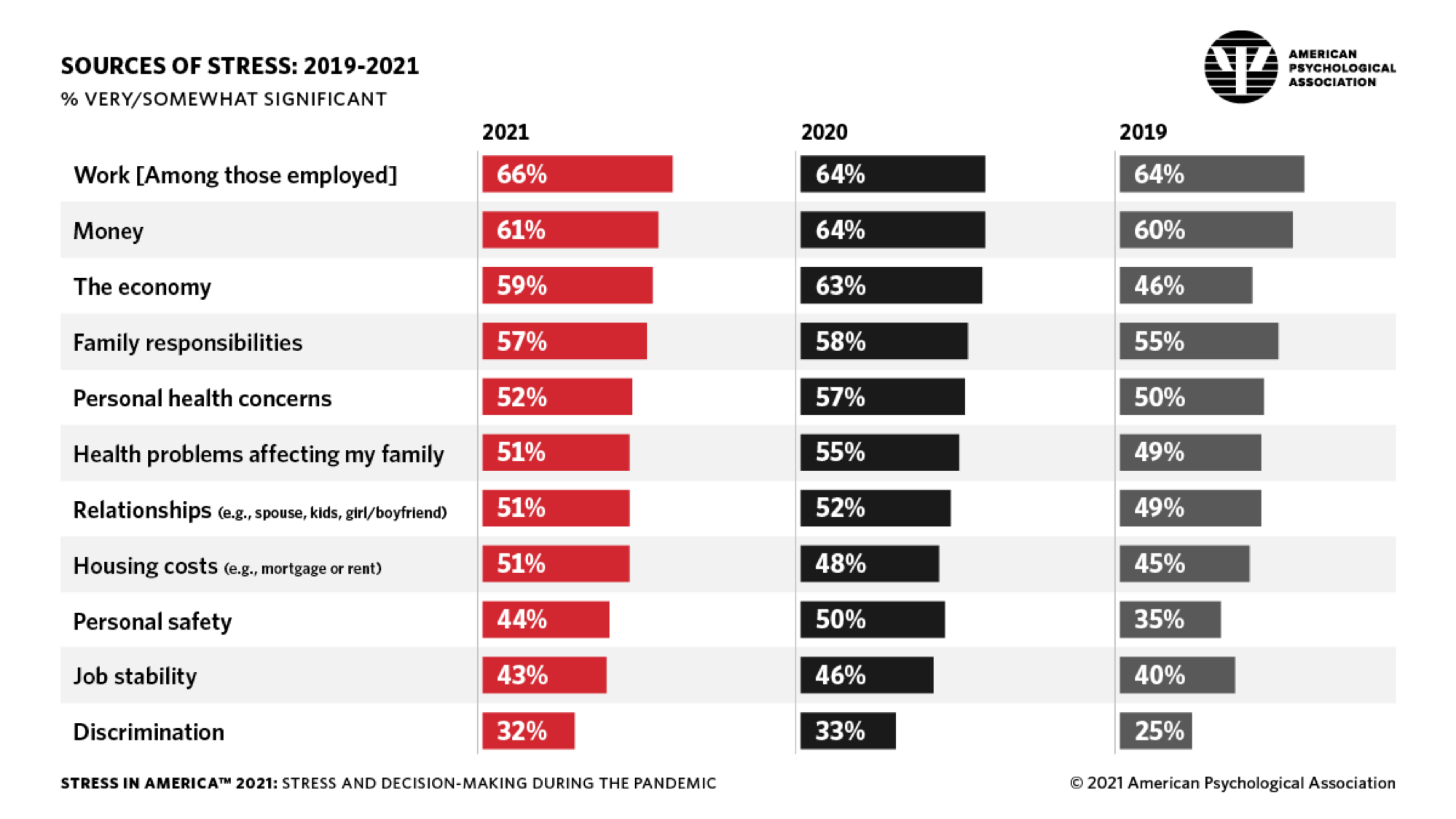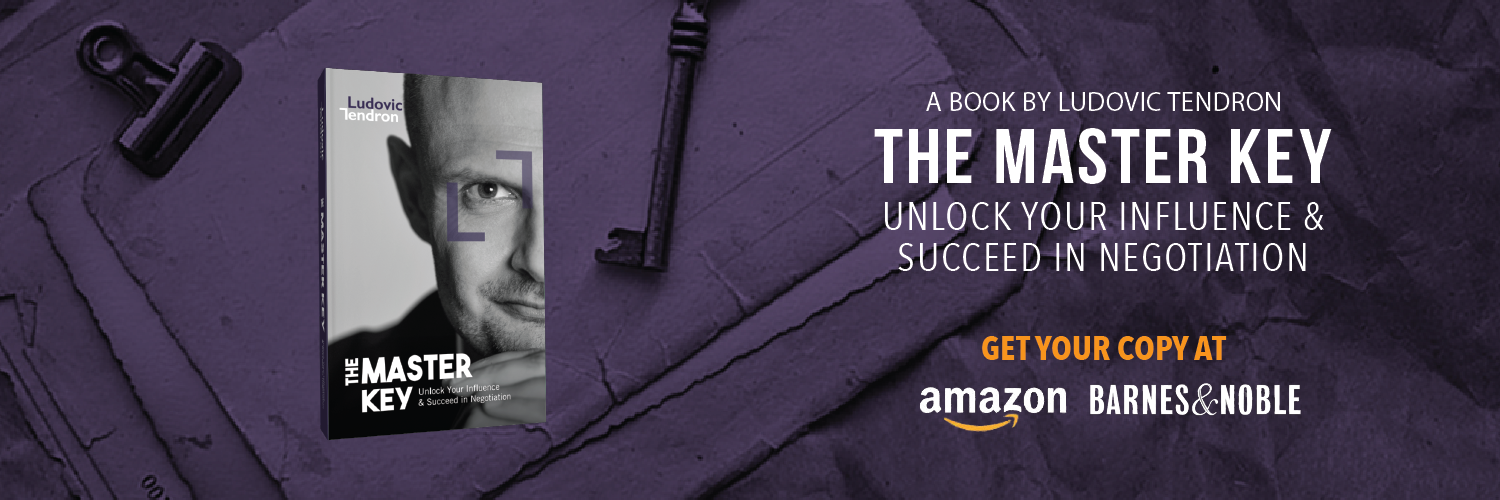Stress is on the rise in the modern World.
Everywhere negotiators are facing increasing stress levels at work (20% increase in the last 3 decades according to research). The recent pandemic has unfortunately not improved the situation.
A bit of stress is not entirely bad. It helps us go through adversity, face challenges, regain focus, etc. Astronauts and elite athletes train under stress to perform and respond better. However, too much of it will impair one’s performance as a negotiator.
Sources of stress are well identified and it comes to no surprise that work is the primary source.
Human beings often get anxious for no reason and like to focus on negative things. That’s what Thomas Jefferson meant when he once said: “How much pain have cost us the evils which have never happened?”. Granted, there is a difference between stress in the 18th century and that in the 21st century. A lot of today’s stress is generated by the use of new technologies.
Emails are the primary cause of stress at work. They come with a daily barrage of data, excessive screen exposure, harsh deadlines (which is now the new standard in the modern World), increased workload, sleep deprivation, constant changes and even fears (such as the fear of losing one’s job).
Negotiators have to try to keep stress levels low for better negotiation outcomes. It is proven that over-stressed negotiators become more emotional, impatient, judgmental and inaccurate with their priorities and interests. Research also shows that they obtain lower outcomes, respond impatiently to offers or exit bargaining situations earlier, and therefore miss opportunities.
Negotiation strategies should include stress mitigation. It should start with getting familiar with early stress signals such as the change of skin complexion, body temperature increase, perspiration, mood swings, headaches, pain, impatience or even panics. Then, coping with stress should consist of:
Reducing the daily exposure to it: quality sleep, workload management, limitation to unnecessary data, exercising, eating well, avoiding negative and stressful people, priming, meditating, etc.
Controlling the response to it: there is always a space between the stimulus and the response and that space gives you the power to choose.
Then, just look back. You should be able to realise that you experienced similar stressful situations (or worse ones) in the past and you ended up more than fine (“How much have cost us the evils that have never happened?”).





